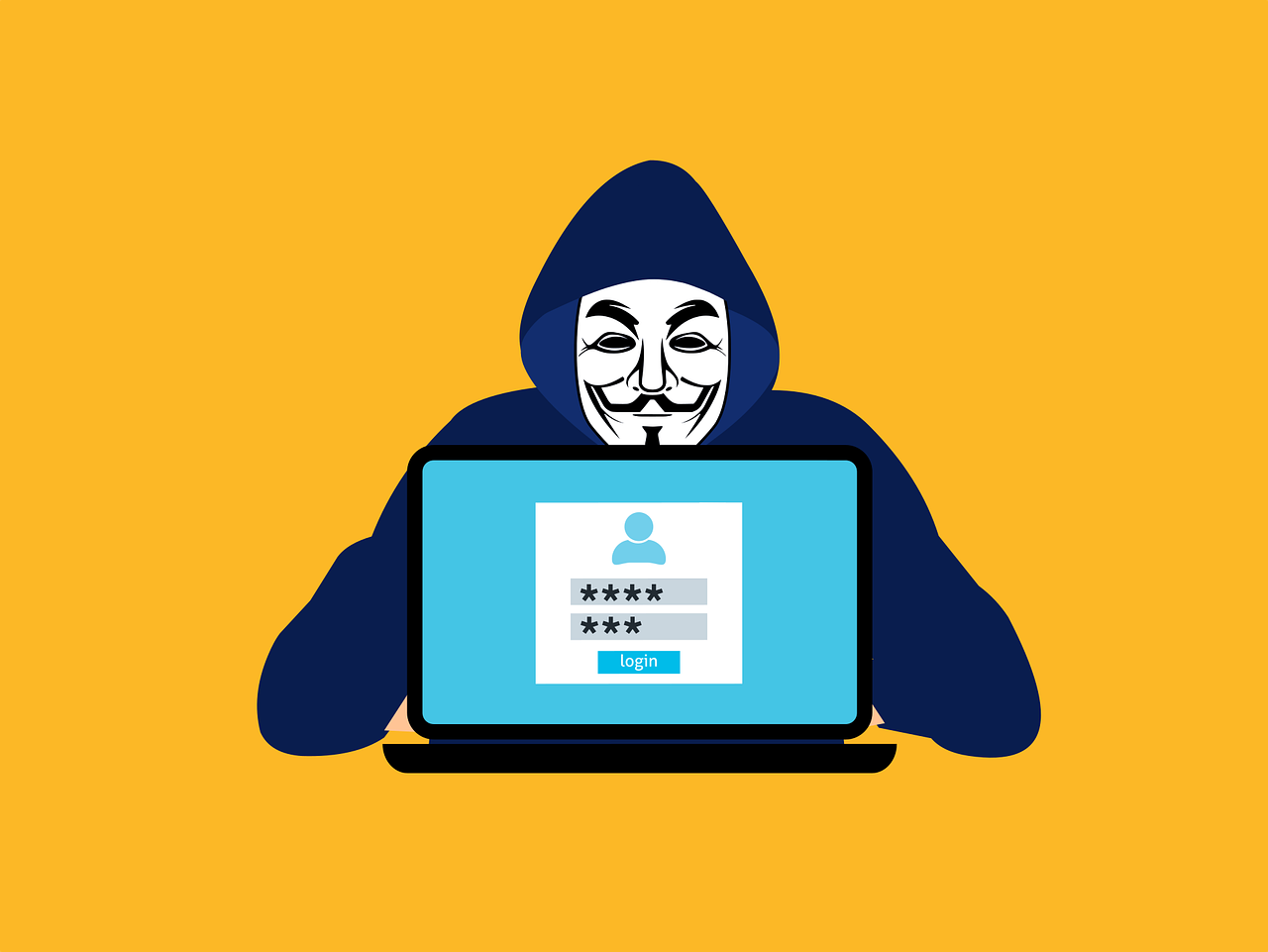In the digital age, where cryptocurrencies dominate headlines and security breaches are a constant threat, the recent case of a security engineer being jailed for 3 years for $12M crypto hacks sends shockwaves through the tech community. The incident, reported by TechCrunch, serves as a stark reminder of the importance of cybersecurity and the consequences of unethical behavior in the digital realm.
Table of Contents
ToggleThe Incident

According to reports, the security engineer, whose identity remains undisclosed due to legal reasons, exploited vulnerabilities in cryptocurrency platforms to siphon off funds amounting to $12 million. The engineer, entrusted with safeguarding these platforms, instead abused their position for personal gain, leaving a trail of chaos and financial loss in their wake.
Lessons Learned
1. Trust but Verify
This incident underscores the critical importance of implementing robust protocols and regularly auditing systems. While trust is essential in any organization, blind faith can lead to catastrophic consequences. Employing a culture of verification and accountability can help prevent insider threats and mitigate risks.
2. Ethical Responsibility
Security professionals bear a significant ethical responsibility to uphold the integrity of the systems they oversee. The allure of financial gain should never override one’s moral compass. By adhering to ethical standards and prioritizing the protection of user assets, engineers can uphold trust and credibility within the industry.
3. Transparency and Accountability
In the aftermath of breaches, transparency and accountability are paramount. Promptly disclosing incidents, communicating remediation efforts, and accepting responsibility demonstrate integrity and commitment to rectifying mistakes. Building trust with stakeholders requires transparency at every stage of incident response.

4. Continuous Education and Training
The landscape of cybersecurity is constantly evolving, requiring professionals to stay abreast of emerging threats and best practices. Investing in ongoing education and training ensures that engineers possess the necessary skills and knowledge to combat evolving threats effectively. A proactive approach to learning fosters resilience and adaptability in the face of adversity.
5. Collaboration and Information Sharing
Cybersecurity is a collective effort that extends beyond individual organizations. Collaboration and information sharing within the industry are essential for identifying emerging threats and developing proactive defenses. By fostering a community of collaboration, professionals can collectively strengthen the resilience of digital ecosystems.

Conclusion
The case of the security engineer jailed for $12M crypto hacks serves as a sobering reminder of the ethical obligations and responsibilities inherent in the field of cybersecurity. By embracing a culture of transparency, accountability, and continuous learning, professionals can uphold the integrity of digital systems and safeguard against malicious actors.
Engaging FAQs
Q1: How can organizations prevent insider threats?
A1: Organizations can prevent insider threats by implementing robust access controls, conducting regular audits, promoting a culture of transparency, and providing comprehensive employee training on cybersecurity best practices.
Q2: What are some common vulnerabilities in cryptocurrency platforms?
A2: Common vulnerabilities in cryptocurrency platforms include insecure APIs, weak password policies, lack of encryption, susceptibility to phishing attacks, and smart contract vulnerabilities.
Q3: How can individuals protect their cryptocurrency assets?
A3: Individuals can protect their cryptocurrency assets by using hardware wallets, enabling two-factor authentication, practicing good password hygiene, staying informed about the best practices, and avoiding sharing sensitive information online.
Q4: What role does regulation play in cybersecurity?
A4: Regulation plays a crucial role in cybersecurity by establishing minimum security standards, promoting accountability, and deterring malicious activities. Compliance with regulations helps organizations mitigate risks and protect sensitive data.
Q5: How can the cybersecurity community improve collaboration and information sharing?
A5: The cybersecurity community can improve collaboration and information sharing through industry-specific forums, threat intelligence platforms, cross-sector partnerships, and participation in coordinated vulnerability disclosure programs. Open dialogue and knowledge exchange are essential for staying ahead of emerging threats.